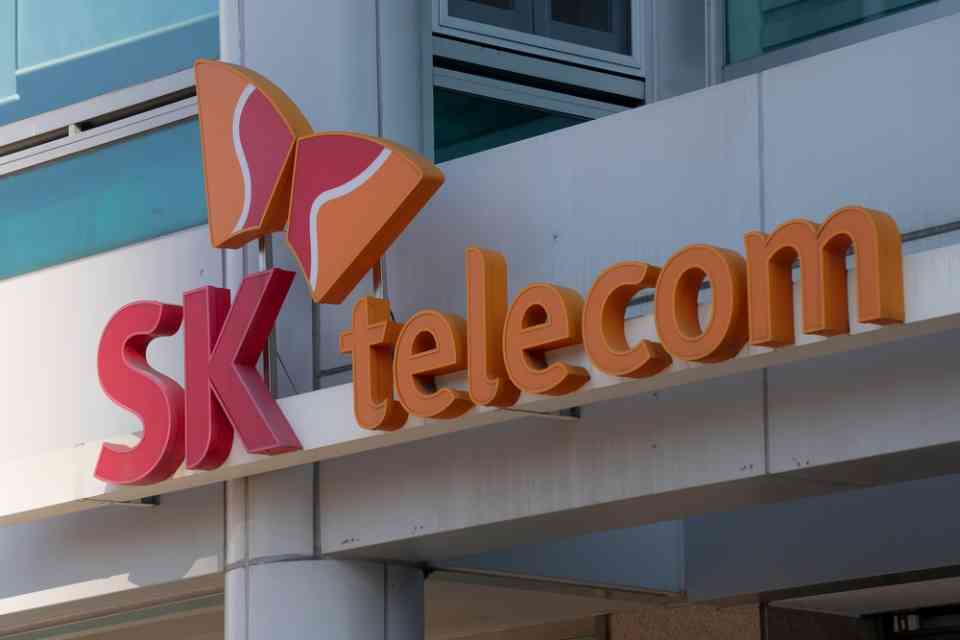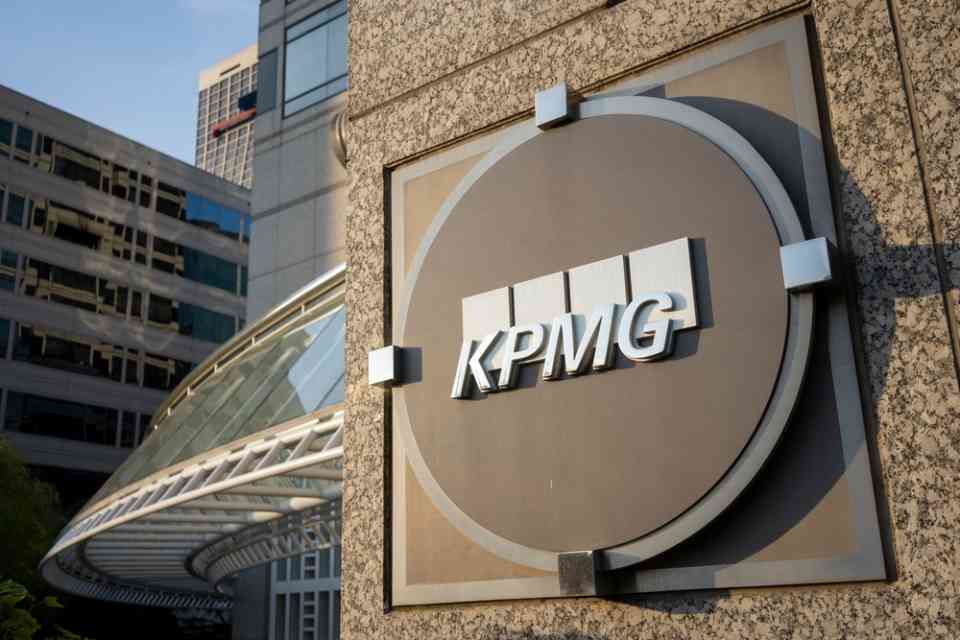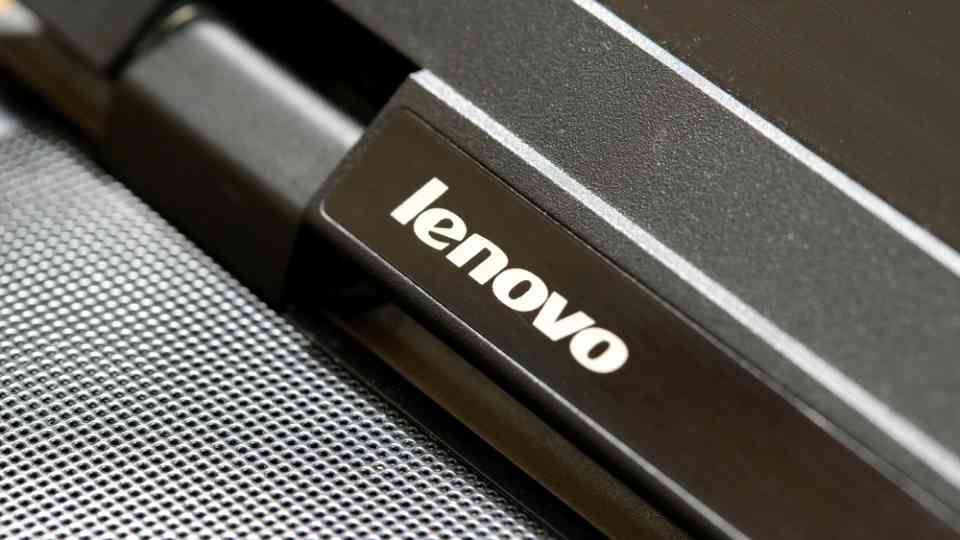The short-term rental market is experiencing a surge in demand, with platforms like Airbnb and Vrbo reporting record bookings. However, property owners are grappling with rising operational expenses, particularly energy costs. In regions with extreme weather conditions, heating and cooling expenses can become unpredictable and eat into profits. According to the International Energy Agency (IEA), buildings account for nearly 30% of global energy use, and inefficient energy systems are a major contributor to these spiraling costs. For many in the industry, the question has become: how can rental properties remain profitable while reducing their environmental footprint?
Finding this balance is becoming more critical as governments worldwide implement stricter energy efficiency standards. The EU’s Energy Performance of Buildings Directive (EPBD) aims for zero-emission buildings by 2050, and similar regulations in the U.S. offer tax incentives for energy-efficient upgrades. In this evolving landscape, property managers must juggle the initial investment in energy-saving technologies with the long-term cost savings they promise. This is where entrepreneur Daniil Demchuk is making a difference by providing practical, scalable solutions that have already been implemented in hundreds of rental properties.
“Energy efficiency is not just a cost-saving measure; it’s become an essential part of property management,” says Demchuk. His energy-saving system is built around a combination of IoT-based smart thermostats, automated lighting, and energy-efficient appliances, all integrated into a unified platform. Property owners can remotely monitor and control energy usage, adjusting settings in real-time based on occupancy or weather conditions. For example, the system’s automated lighting can dim or turn off when tenants leave a room, while smart thermostats optimize heating and cooling to maintain a comfortable yet efficient environment. “The goal is to cut down on unnecessary energy use without sacrificing tenant comfort,” Demchuk explains. His solution has reduced electricity costs by an average of 25% and lowered CO2 emissions by 150 tons annually.
What sets Demchuk’s system apart is its seamless integration and user-friendly design. Property owners can access all controls through a single dashboard, making it easy to implement energy-saving measures without requiring specialized technical knowledge. The technology also uses machine learning to identify patterns in energy usage and suggest further optimizations, providing a proactive approach to energy management.
With sustainability becoming a key differentiator, tenants today are more likely to choose properties that promote green living and energy efficiency. A recent study by the U.S. Green Building Council found that properties implementing sustainable practices see higher tenant satisfaction and lower vacancy rates, proving that green upgrades are a win-win for owners and tenants alike.
“Owners were initially hesitant about the upfront investment, but the long-term benefits—both in cost reduction and tenant satisfaction—are undeniable,” explains Demchuk. Other companies in the short-term rental sector are catching on. Greystar, a global property management firm, reported a 20% reduction in energy costs after adopting similar technologies, boosting property values and overall profitability.
Beyond profitability, Demchuk’s methods are setting new standards for energy efficiency in property management. “When other companies start adopting your methods, you know you’ve made an impact,” he notes. His approach has inspired other rental operators to follow suit, and property owners frequently reach out for consultations and audits to incorporate his methods into their own properties.
In addition to his industry contributions, Demchuk’s expertise earned him a spot as a jury member for the prestigious 21st Stevie Awards in September 2024. Recognized as a talented and successful entrepreneur, his role in evaluating innovative business practices reflects his industry influence and success.
Looking ahead, as governments enforce more stringent regulations and tenants become increasingly eco-conscious, adopting sustainable energy practices will no longer be a choice but a necessity. The future of short-term rentals depends on innovation, and as leaders like Demchuk demonstrate, the intersection of technology and sustainability will be key to navigating the next phase of industry growth.
Have you read?
Allianz Global Wealth Report 2024: Singapore Leads in Asia With the Highest Per Capita Gross Financial Assets – 4th Wordlwide.
Hoffmann Neopac Appoints Manfred Zurkirch as New CEO for 2025.
Rockets Owner Tilman Fertitta Becomes Houston’s Wealthiest Resident.
Heir to Malaysia’s Wealthiest Joins DBS Hong Kong’s Board.
Concerns Raised Over Minor CEOs in South Korea Amid Inheritance Tax Loophole Fears.
Add CEOWORLD magazine to your Google News feed.
Follow CEOWORLD magazine headlines on: Google News, LinkedIn, Twitter, and Facebook.
Copyright 2024 The CEOWORLD magazine. All rights reserved. This material (and any extract from it) must not be copied, redistributed or placed on any website, without CEOWORLD magazine’ prior written consent. For media queries, please contact: info@ceoworld.biz
CEOWORLD magazine – Latest – Tech and Innovation –












